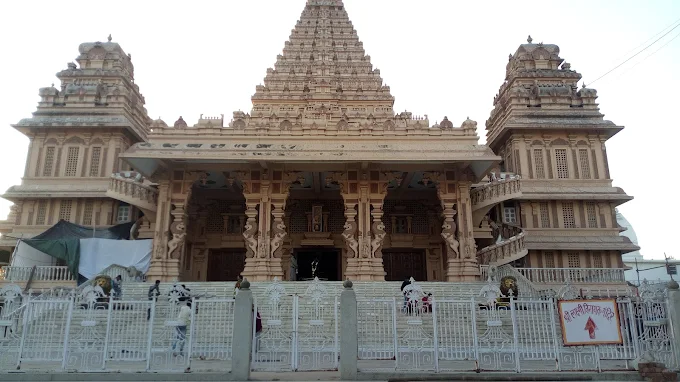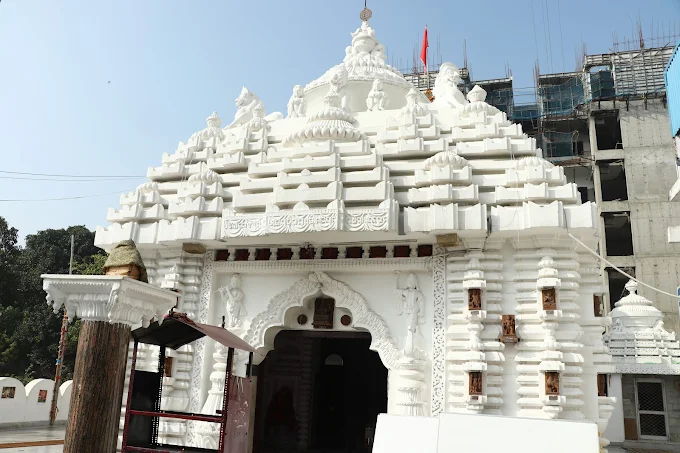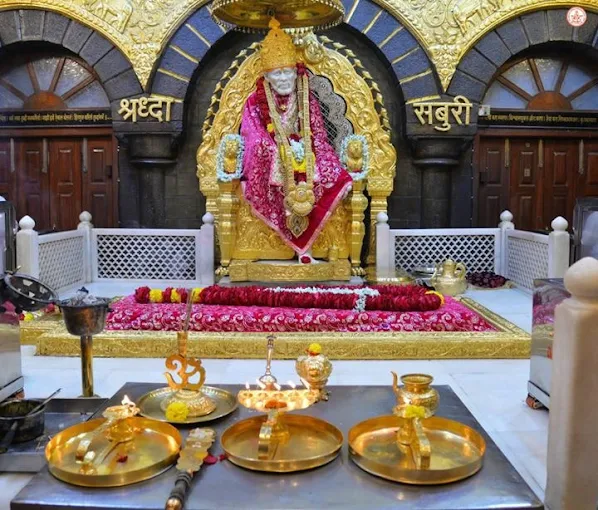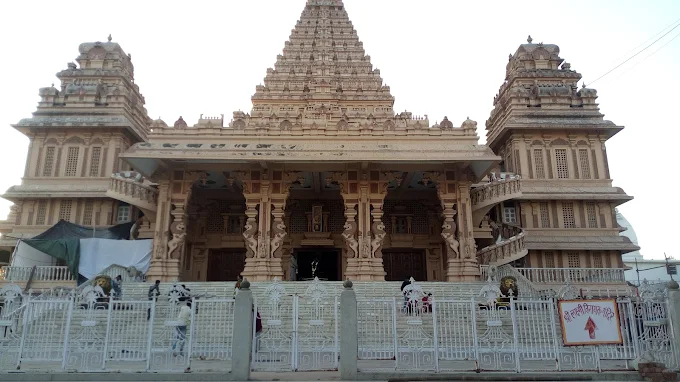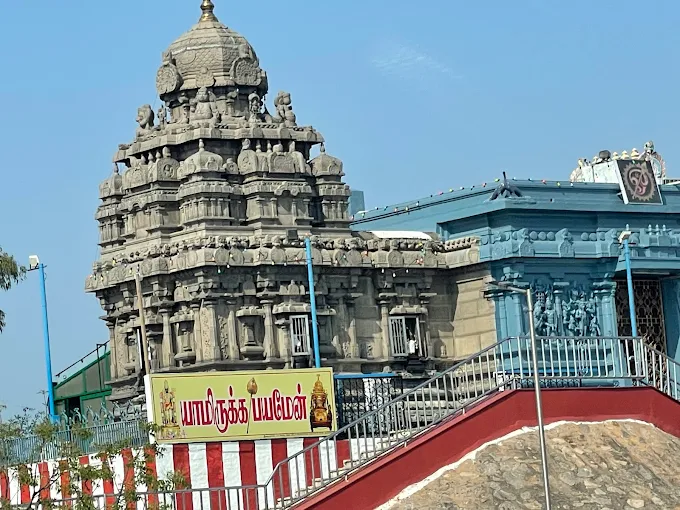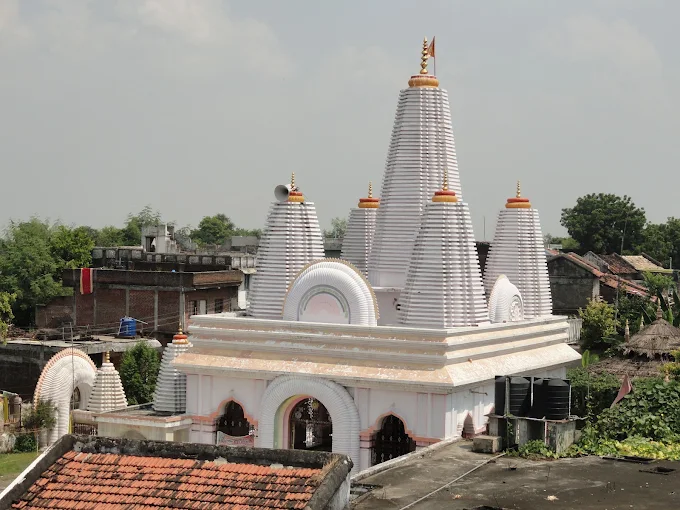![Rahamat Ali]()
In the vibrant and bustling city of Siliguri, a significant figure often comes to mind when discussing local history, philanthropy, and community development: Rahamat Ali. While not a globally recognized historical personality, Rahamat Ali holds a place of respect and remembrance within the local consciousness of Siliguri, particularly for his contributions to education and social welfare. His legacy is etched not through grand monuments, but through the institutions he helped establish and the positive impact he had on countless lives, particularly in a period when access to basic services was a significant challenge.
Early Life and Background
Information about Rahamat Ali’s early life might not be as extensively documented as that of national figures, but local oral traditions and community records often highlight his humble beginnings and his eventual rise to prominence. It is understood that he was a resident of Siliguri, deeply rooted in the local community. His background likely instilled in him a profound understanding of the challenges faced by ordinary citizens, particularly in the realm of education and social upliftment. This personal insight often fuels individuals with a strong desire to contribute positively to their society. His life story serves as an example of how local individuals can become pillars of their communities through dedication and a spirit of service.
Contributions to Education
Perhaps the most significant aspect of Rahamat Ali’s legacy in Siliguri is his undeniable contribution to the field of education. In an era where formal schooling was not universally accessible, especially for marginalized communities, his efforts to establish educational institutions were truly transformative.
Establishment of Schools
Rahamat Ali is widely credited with playing a pivotal role in the establishment of schools in Siliguri. These were not merely structures, but foundational institutions that opened doors to knowledge and opportunity for generations of students. His vision likely extended beyond simply providing a place to learn; he probably aimed to create an environment where children, regardless of their socio-economic background, could receive quality education. The schools he helped found or significantly supported became beacons of learning in their respective localities, often serving as the primary or even sole source of formal education for many families.
Promoting Literacy and Awareness
Beyond the physical establishment of schools, Rahamat Ali’s work implicitly promoted literacy and awareness within the community. By making education more accessible, he contributed to a more informed and empowered populace. His initiatives would have encouraged parents to send their children to school, thereby breaking cycles of illiteracy and fostering a greater appreciation for learning. This focus on foundational education is critical for the long-term development of any society, laying the groundwork for future progress and social mobility.
Support for Students and Teachers
It is plausible that Rahamat Ali’s contributions extended to providing support for students and teachers. This could have included financial aid for deserving students, provision of learning materials, or even ensuring better working conditions for educators. Such support would have been crucial in ensuring the sustainability of the newly established educational institutions and in attracting dedicated teachers, thereby enhancing the quality of education provided. His philanthropic spirit would have ensured that resources were channeled effectively to uplift the educational standards of the community.
Philanthropy and Social Welfare
Rahamat Ali’s influence was not confined solely to education; he was also a prominent figure in various social welfare initiatives, demonstrating a broad commitment to the well-being of Siliguri’s residents.
Community Development Projects
His philanthropic endeavors likely encompassed a range of community development projects. These could have included initiatives to improve basic infrastructure, sanitation, or healthcare facilities in underprivileged areas. In times when governmental support for such services might have been limited, individuals like Rahamat Ali often stepped in to fill critical gaps, driven by a genuine desire to uplift their communities. His involvement would have mobilized local resources and encouraged collective action for the common good.
Support for the Underprivileged
Rahamat Ali is remembered for his compassion and his efforts to support the underprivileged and vulnerable sections of society. This could have manifested in various forms, such as providing food or clothing to those in need, offering assistance during times of crisis or natural calamities, or supporting livelihoods through small-scale economic initiatives. His actions would have provided a crucial safety net for many families, offering hope and practical assistance when they needed it most.
Religious and Cultural Patronage
In a culturally diverse city like Siliguri, it is also likely that Rahamat Ali extended his patronage to religious and cultural institutions. This could have involved contributing to the construction or renovation of places of worship, supporting cultural festivals, or promoting inter-community harmony. Such contributions play a vital role in preserving the social fabric and fostering a sense of shared identity within the community.
Legacy and Remembrance
The enduring legacy of Rahamat Ali in Siliguri is not merely a matter of historical record but is reflected in the continued functioning of the institutions he supported and the positive impact he had on the community’s consciousness.
Enduring Institutions
The most tangible aspect of his legacy is the continued existence and functioning of the educational institutions that he helped establish or nurture. These schools stand as living testaments to his vision and dedication, continuing to educate new generations of students. Their success and growth over the years are a direct reflection of the strong foundation laid by individuals like Rahamat Ali.
Community Memory and Respect
Even if his name isn’t widely known outside Siliguri, within the city, particularly among older generations and those connected to the institutions he supported, Rahamat Ali’s name evokes respect and gratitude. He is remembered as a selfless individual who dedicated his resources and efforts to the betterment of his fellow citizens. This collective memory ensures that his contributions are not forgotten and continue to inspire future generations to engage in community service and philanthropy. His story is a reminder of the power of local heroes in shaping the destiny of their towns and cities.
